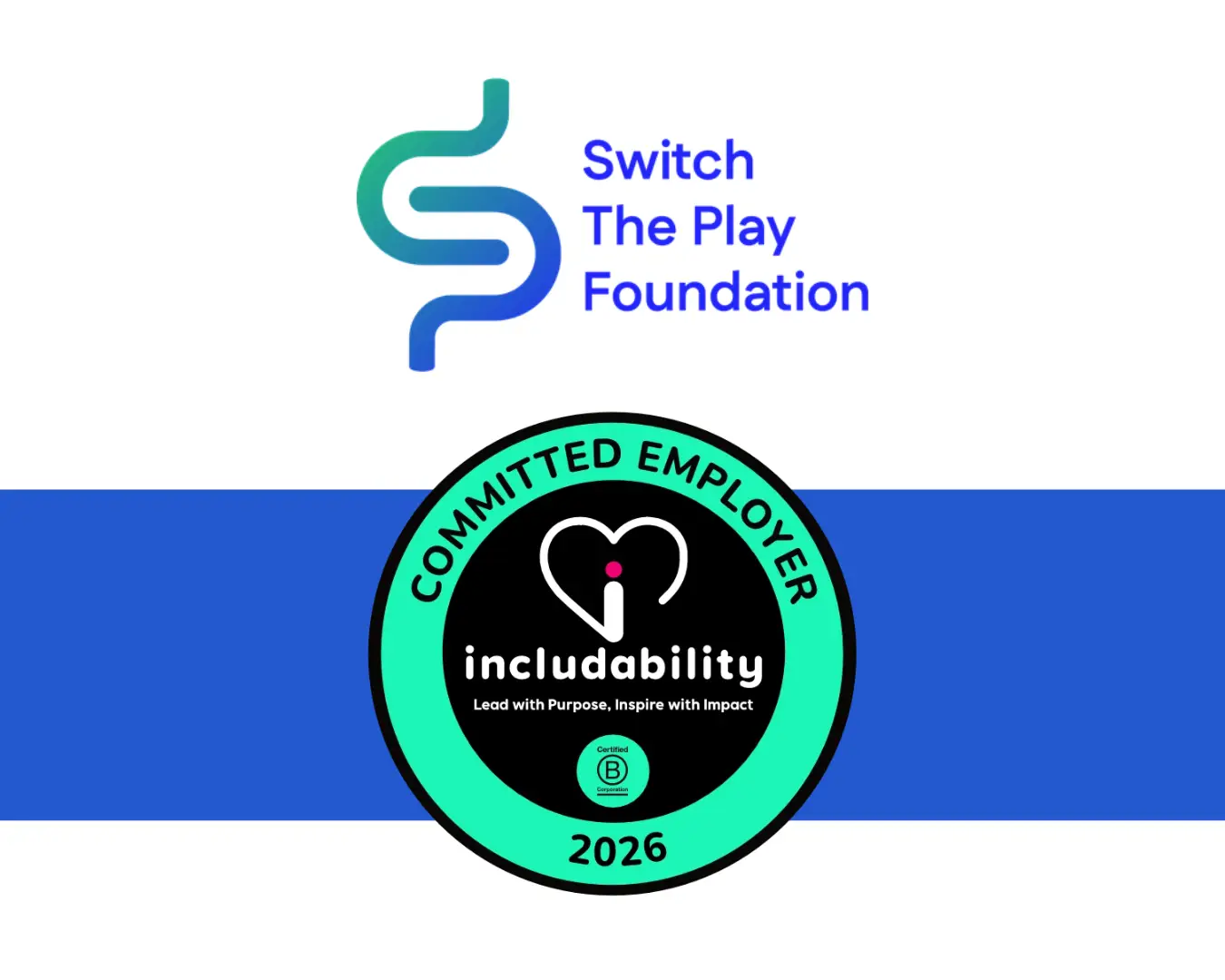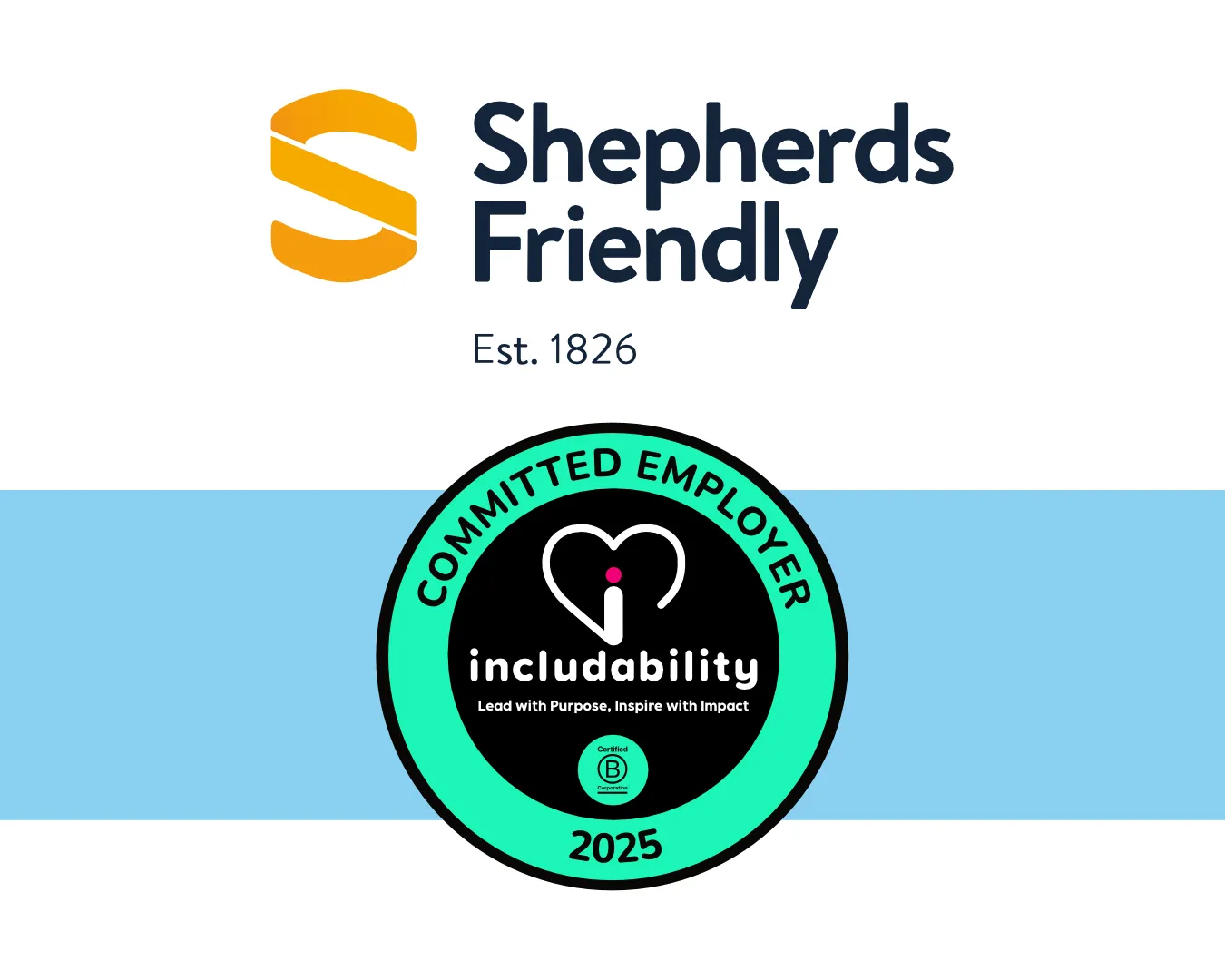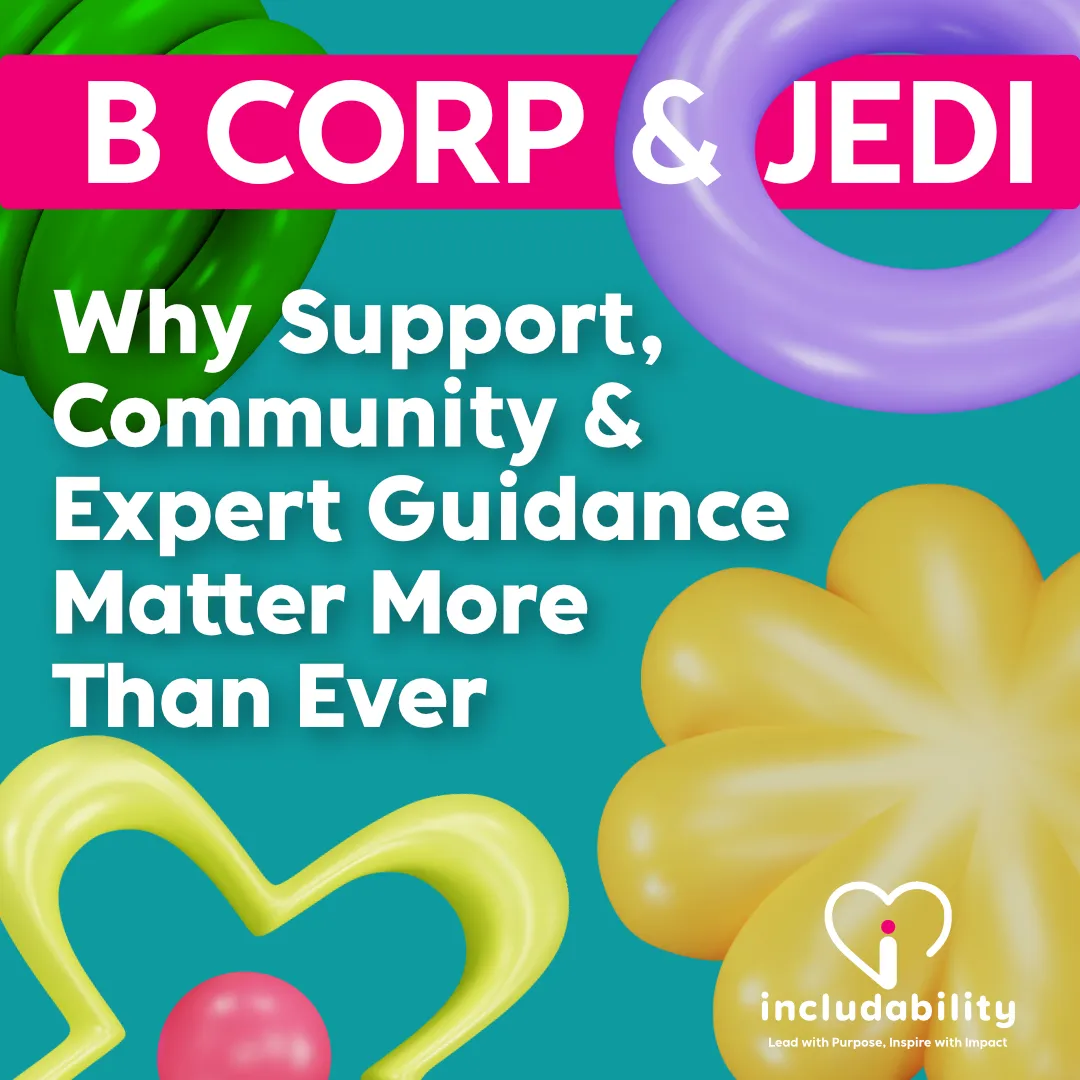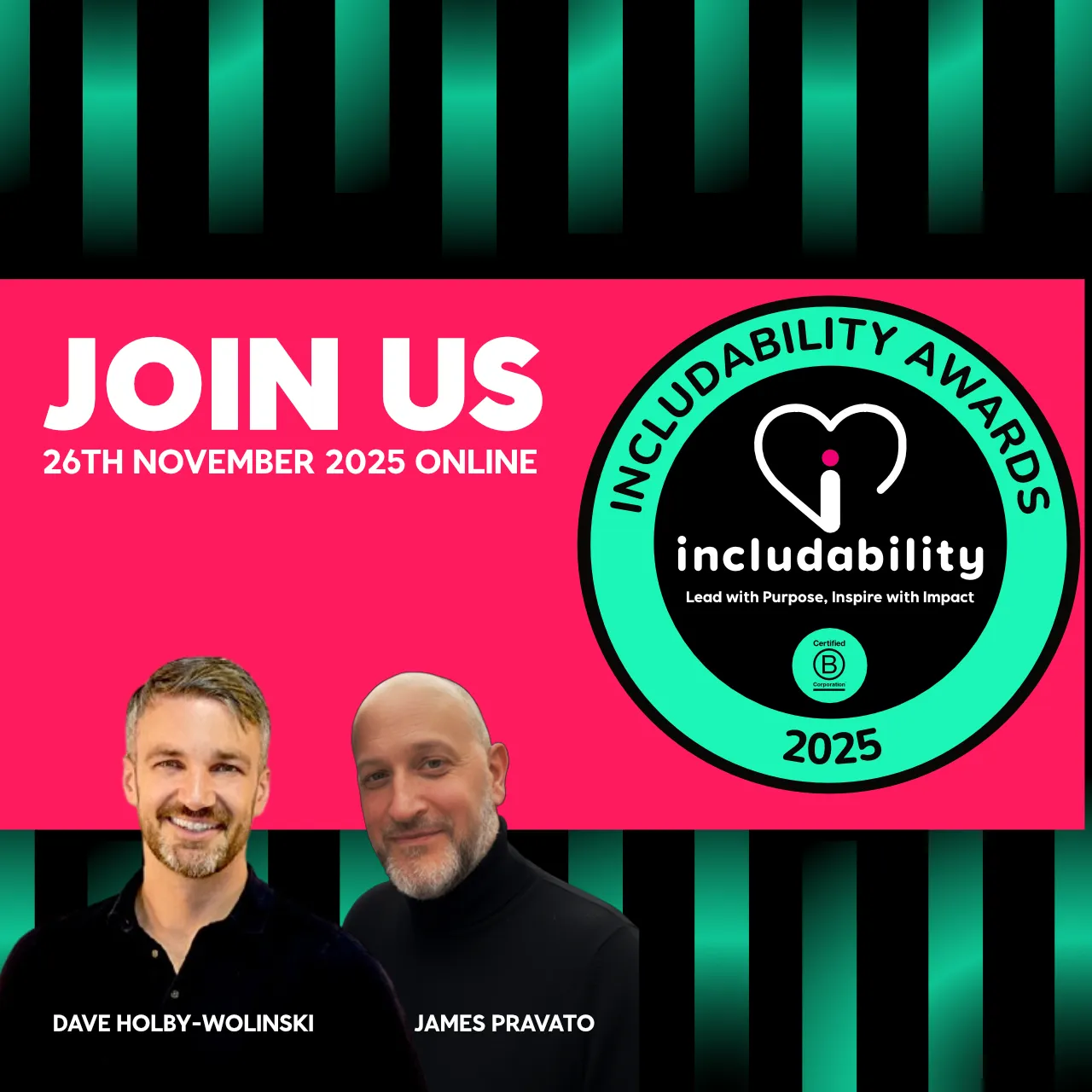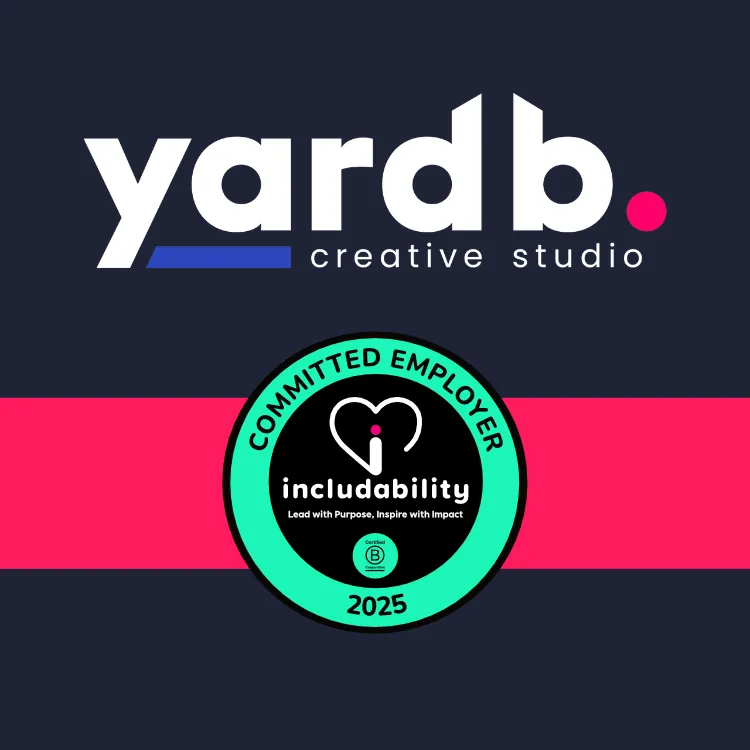Women’s Health in the Workplace an Includability Webinar
Includability’s June webinar covered the central topic of Women’s Health in the Workplace

Includability’s June webinar covered the central topic of Women’s Health in the Workplace

Includability Webinar: Women’s Health in the Workplace
Includability’s June webinar covered the central topic of Women’s Health in the Workplace where a panel discussed topics like, has the pandemic helped promote women’s wellness in the workplace? and how do we educate people on women’s health?
Who took part in the webinar?
Baz Moffat, Co-Founder of The Well HQ and Official Partner of Includability was handed the hosting duties for the follow up event to May’s Mental Health Week webinars.
Moffat is a former GB rower and helps women work with their physiology to tap into excellent health and happiness. She was joined by a panel of guests including, Dr Lizzy Bernthal, Resilience Leadership Coach and former army nurse and midwife. Victoria Hardy, Insight Story-teller at Barclays and empathy specialist, & Matt Lock and Gavin Eivers, the Co-Founders of Outliers Wellbeing.
What were the consequences of the pandemic on women's health?
The panel began by discussing the consequences of the pandemic on women’s health. Dr Bernthal said more women were more nervous when they first seek her services now than they were 18 months ago. She posits this is due the extra responsibilities, especially mothers, have undertaken at home rather than when they were freer to live outside the home before the pandemic. She says the results of putting extra support in place to help women’s wellbeing have been mixed, with some organisations performing much better than others at supporting their teams.
Moffat later referred to a report from 2019 by the Royal College of Obstetricians and Gynaecologists (RCOG) which stated women are undereducated about their bodies and the biological stages they will experience in their lifetimes. She says most people assume that women are already aware of what the experiences of puberty, the menstrual cycle, fertility, birthing and the menopause will be like. The research showed that many do not know enough about what they will experience, and their symptoms can severely affect their working lives to almost breaking point.
“This [missing knowledge] has a huge impact on your mental health, emotional health and physical health. Within a workplace setting, we know around 10% of menopausal women leave the workplace and 25% are thinking of leaving,” said Moffat.
What were the effects of menopause?
Women are usually taught privately about these issues and the sisterhood of sharing that has arisen when women feel comfortable to share their knowledge. Moffat asked if there should be a point where education on these issues to reconvene with others? To help alleviate ignorance on these issues when it comes to managing or supporting women in a workplace setting.
Hardy added there should be conversations held for the directly affected, but also their allies should be included later as she said they will need to have knowledge of symptoms and experiences. She says allies can include men, transgender persons and perhaps younger women who may be leading a team and may not yet be directly affected by certain issues.
She added her organisation has held open forums on some of these issues and says the rooms have been filled by all manners of people wanting to know more and asking questions. She says going forward with looking at the issues through the dual lens of directly affected and allyship may be a better approach to take.
Lock added, “Get me involved in the sisterhood, because it sounds bloody awesome!” He also says businesses are constantly swimming against what is and is not appropriate to talk about in the workplace. He said creating a balanced environment where people are gaining knowledge and feel comfortable sharing personal experiences is very important.
Should we discuss women's health in the workplace?
The panel went on to discuss the full pros and cons of talking about health issues openly in the workplace. They brought up the need for openness and the simple ways as many people can gain knowledge at once such as having a speaker address a company.
They also recognised that issues may feel personal to some directly affected and would not feel comfortable to talk about these issues, and others may disengage from the process entirely. They agreed that the content being delivered in a workplace education setting must be created and driven by the people so that opportunity to have everyone gain a better understanding of female health is not wasted.
Watch the full webinar again:
Related resources & events
Sign up for our newsletters
We have an employer and Job seeker newsletter giving you all the latest information in one easy and digestible email. Sign up today for news and job advice straight to your inbox.




